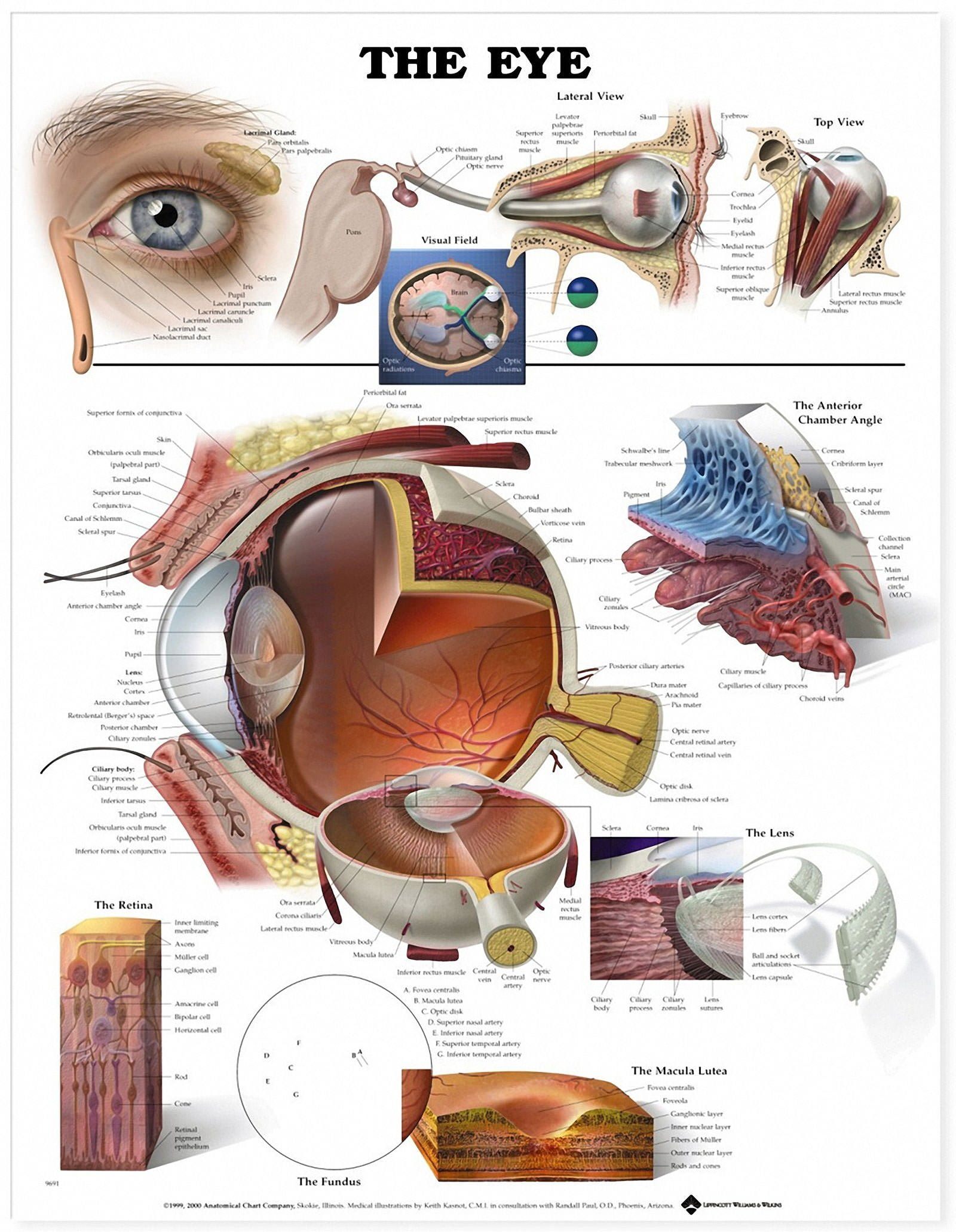According to research, consuming a Vitamin D rich diet, along with the nutrients methionine and betaine, could help lower age-related macular degeneration risk. An analysis of identical twins also found that the more a person smoked, the higher their risk of developing age-related macular degeneration. The study looked at identical twin pairs with one twin having early age-related macular degeneration, and the other having late stage age-related macular degeneration.[1]
Age-related macular degeneration is among the main reasons for loss of vision in the elderly. It takes place when cells inside the area of the eye responsible for clear vision, called the macula, slowly die. It could progress so gradually it can take years for serious loss of vision to take place but it could also develop quickly, causing vision loss severe enough to make it difficult to read, drive, or perform daily tasks.
Age-related macular degeneration is highly hereditary, with genetic factors defining up to 71% of the severity of the disease as established by an earlier study by the researchers. A healthy diet with an abundance of vegetables and fruits will make a difference, even with a genetic likelihood of macular degeneration. By studying identical twins having identical genes with age-related macular degeneration at different stages, behavioral and environmental factors could be identified which could contribute to disease severity. The researchers wanted to determine if they have different stages of the disease even having the same genes.
A questionnaire was completed by each twin with regards to health and nutritional behaviors. It was discovered that twins who had early stage macular degeneration tended to eat more vitamin D coming from dietary sources like milk or fish compared to their siblings. Vitamin D could possibly lessen the risk of age related macular degeneration due to its anti-inflammatory properties. It could also prevent new blood vessel growth which can grow underneath the macula, which leaks blood and results in loss of vision in the more serious phases of the disease. It was also revealed that higher intakes of the nutrients methionine and betaine were associated with a slower progression of the disease. These two nutrients have also been associated with epigenetic mechanisms not as a result of a change in the actual DNA sequence. Methionine is found in fish, poultry and dairy foods, while betaine is found in grains, fish and spinach.
- WHY VITAMIN D: With age, the way the body absorbs Vitamin D can become inefficient over time. Vitamin D is required in order to promote the absorption of calcium which is key in maintaining healthy…
- BODY BENEFITS: The Vitamin D3 in these softgels is the same form of Vitamin D3 that your body produces when your skin is exposed to sunlight which promotes tissue health. In addition, Vitamin D3…
It was also revealed that amongst the sets of twins, the sibling who had been the heavier smoker had a tendency to have the more serious case of macular degeneration. The outcomes show the importance of genetic susceptibility as well as environmental factors, and that epigenetic factors could be involved as well, and further emphasizes how important modifiable behaviors are, particularly no smoking and consuming a healthy diet, to delay the progression as well as help with the prevention of macular degeneration and vision loss.

